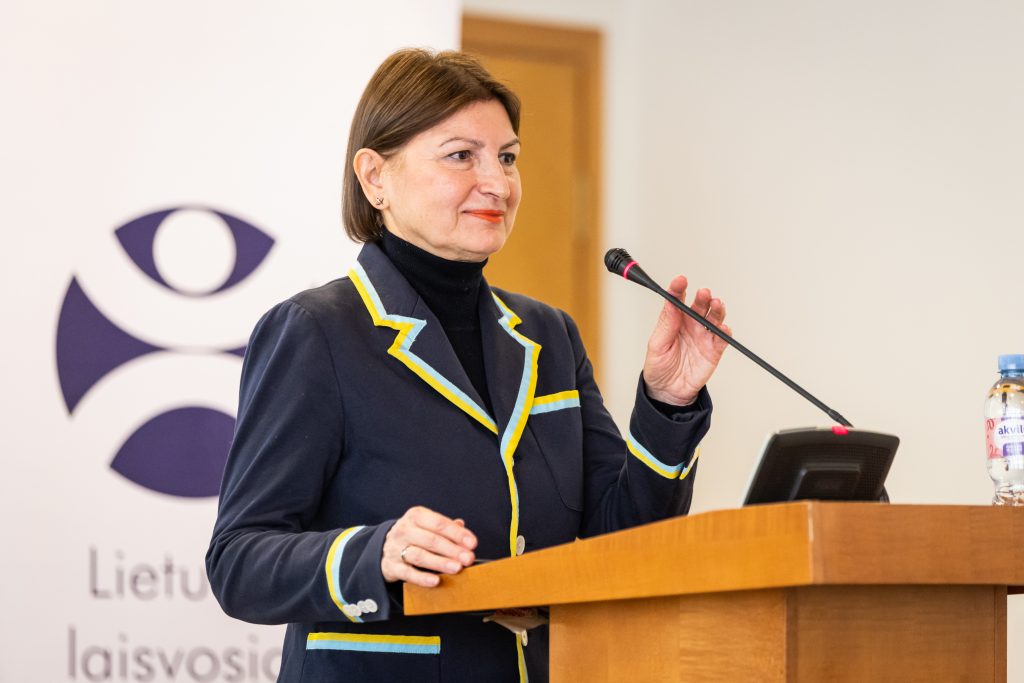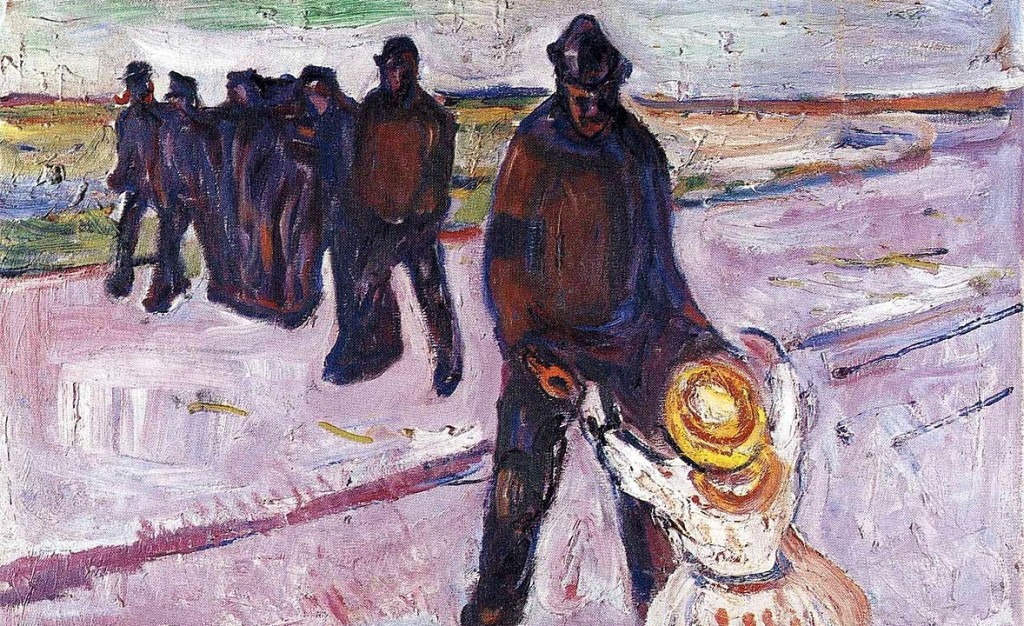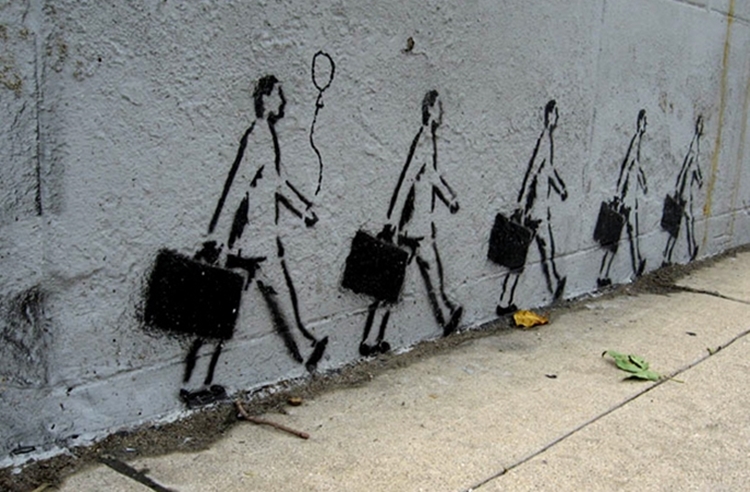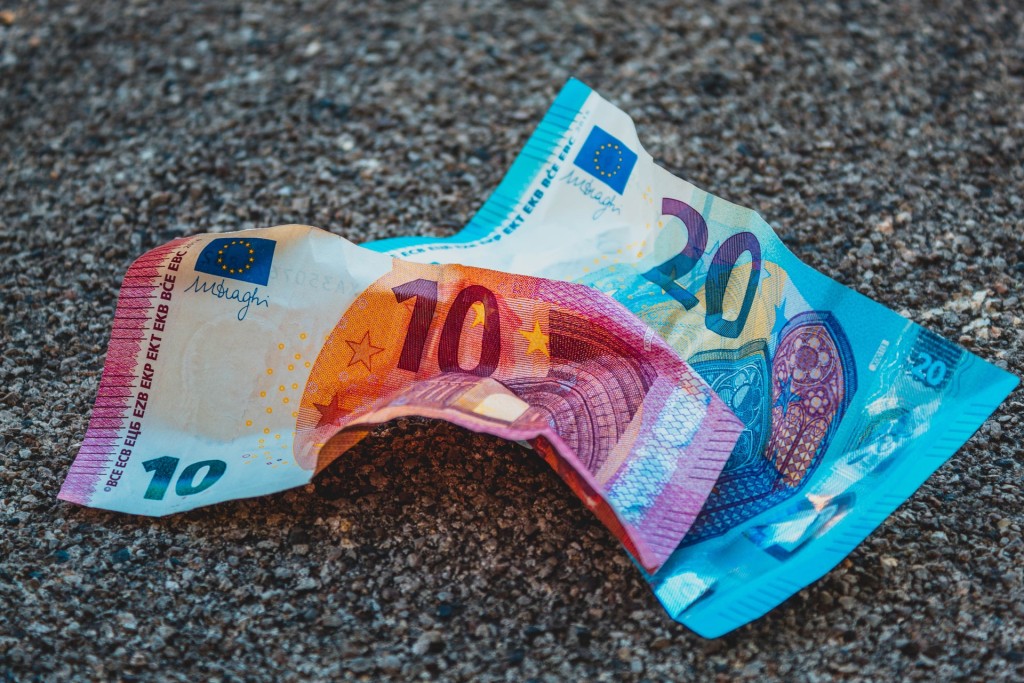ABOUT Elena Leontjeva
Elena Leontjeva is co-founder and President of the Lithuanian Free Market Institute (LFMI). Elena led LFMI from its inception until 2001 and returned to serve as the organization’s president in 2020. Elena Leontjeva played a key role in building the legal and institutional foundations for Lithuania’s economy, including the Currency Board and the Litas Credibility Law, the securities market, banking, tax and budget reforms, private pension insurance, downsizing state functions and deregulation known as the Sunset and Sunrise initiatives. She served as senior economic advisor to President Valdas Adamkus and state counselor on economic reform issues under six administrations. Elena has pioneered interdisciplinary research on the phenomena of lack and scarcity. She has co-edited a peer-reviewed publication ‘The Phenomenon of Lack: Being, Man and Society’ and co-created a documentary Sublime Thirst. She is the author of a novel “The Market Square, or the Story of Two Joannes”.













